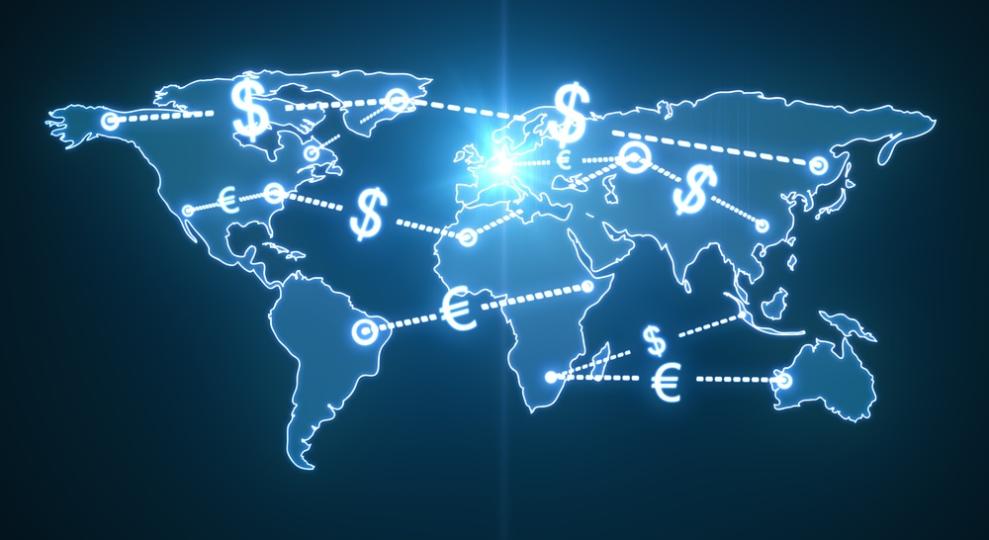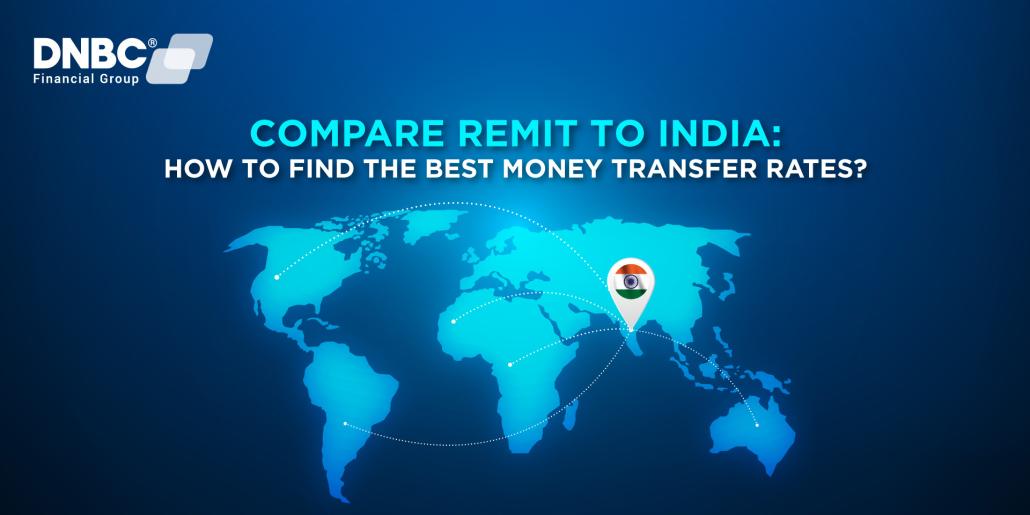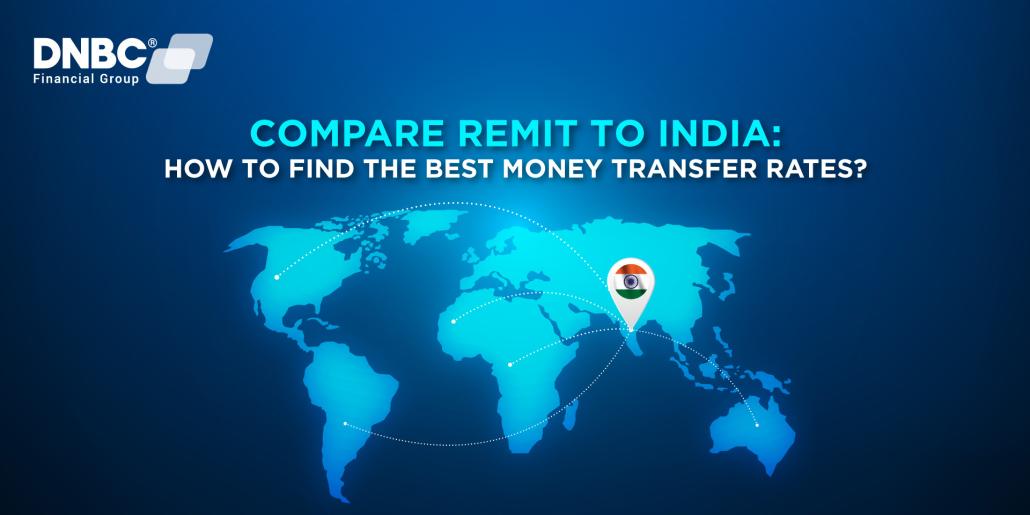What Are the Security Measures in Place to Protect My Money During a Transfer?
In today's digital age, transferring money has become a common practice for individuals and businesses alike. However, with the convenience of online and mobile money transfers comes the responsibility of ensuring the security of your funds. Understanding the security measures in place is crucial to safeguard your money during transfers and prevent unauthorized access or fraud.

I. Common Money Transfer Methods:
There are various money transfer methods available, each with its own set of security features:
- Bank Transfers: Direct transfer of funds between bank accounts, typically through online banking or mobile banking apps.
- Online Payment Platforms: Services like PayPal, Stripe, and Venmo allow users to send and receive money online or through mobile apps.
- Mobile Money Services: Mobile network operators provide mobile money services, enabling users to transfer funds using their mobile phones.
- Money Transfer Agencies: Companies like Western Union and MoneyGram offer money transfer services, allowing individuals to send and receive money across borders.
- Cryptocurrency Transfers: Digital currencies like Bitcoin and Ethereum are transferred using blockchain technology, providing a decentralized and secure method of money transfer.
II. General Security Measures:
Certain security measures are applicable to all money transfer methods to ensure the protection of your funds:
Use strong and unique passwords for all your financial accounts and enable two-factor authentication (2FA) wherever available. 2FA adds an extra layer of security by requiring a second form of identification, such as a code sent to your mobile phone, when logging in or making transactions.

Always use a secure internet connection when accessing your financial accounts or making money transfers. Avoid using public Wi-Fi networks, as they can be vulnerable to eavesdropping and hacking.
Keep your devices and software up to date with the latest security patches and updates. These updates often include fixes for security vulnerabilities that could be exploited by attackers.

Be vigilant against phishing emails, text messages, or websites that attempt to trick you into revealing your personal or financial information. Never click on suspicious links or open attachments from unknown senders. Additionally, install reputable antivirus and anti-malware software on your devices to protect against malicious software.
III. Specific Security Measures By Transfer Method:
In addition to the general security measures, specific security features are employed by different money transfer methods:
- Encrypted Communication: Bank transfers use secure communication protocols to encrypt data during transmission, protecting it from unauthorized access.
- Secure Login: Banks implement secure login mechanisms, such as multi-factor authentication, to prevent unauthorized access to your account.
- Transaction Verification: Many banks offer transaction verification features, requiring you to confirm transactions before they are processed.
- Fraud Detection Systems: Online payment platforms employ fraud detection systems to identify and block suspicious transactions.
- Buyer Protection Programs: Some platforms offer buyer protection programs that provide recourse in case of unauthorized transactions or disputes.
- Payment Encryption: Payment data is encrypted during transmission to protect it from interception.
- PIN Protection: Mobile money services typically require a PIN or password to authorize transactions.
- Transaction Limits: Limits on the amount of money that can be transferred in a single transaction or over a period of time help prevent unauthorized transfers.
- Mobile Device Security: Mobile money services often require secure mobile devices with features like screen locks and remote wipe capabilities.
- Identity Verification: Money transfer agencies typically require identity verification for both senders and recipients to prevent fraud.
- Regulatory Compliance: These agencies are subject to regulatory compliance requirements that mandate the implementation of security measures.
- Secure Money Transfer Protocols: Money transfer agencies use secure protocols to transmit money, ensuring the confidentiality and integrity of transactions.
- Blockchain Security: Cryptocurrencies utilize blockchain technology, which provides a secure and transparent record of transactions.
- Private Key Management: Cryptocurrency users are responsible for managing their private keys, which are essential for accessing and transferring funds.
- Multi-Signature Wallets: Multi-signature wallets require multiple keys to authorize transactions, enhancing security.
IV. Additional Tips For Enhanced Security:
Beyond the security measures implemented by money transfer providers, you can take additional steps to enhance the security of your money transfers:
- Use Trusted Platforms and Services: Choose reputable and well-established money transfer platforms and services that have a track record of security and reliability.
- Verify Recipient Information: Always verify the recipient's name, account number, and other details before initiating a transfer to prevent sending money to the wrong person or entity.
- Monitor Transactions Regularly: Regularly review your transaction history to identify any unauthorized or suspicious activity. Many platforms offer transaction alerts to notify you of any unusual activity.
- Keep Personal Information Private: Never share your personal or financial information, such as passwords, PINs, or account numbers, with anyone over email, text message, or phone calls.
- Report Suspicious Activity Promptly: If you suspect any unauthorized activity or security breach, report it immediately to the money transfer provider or relevant authorities.
V. Conclusion:
Understanding the security measures in place for money transfers and taking additional precautions can help protect your funds from unauthorized access and fraud. By staying informed, vigilant, and following these security guidelines, you can ensure the safe and secure transfer of your money.
YesNo

Leave a Reply